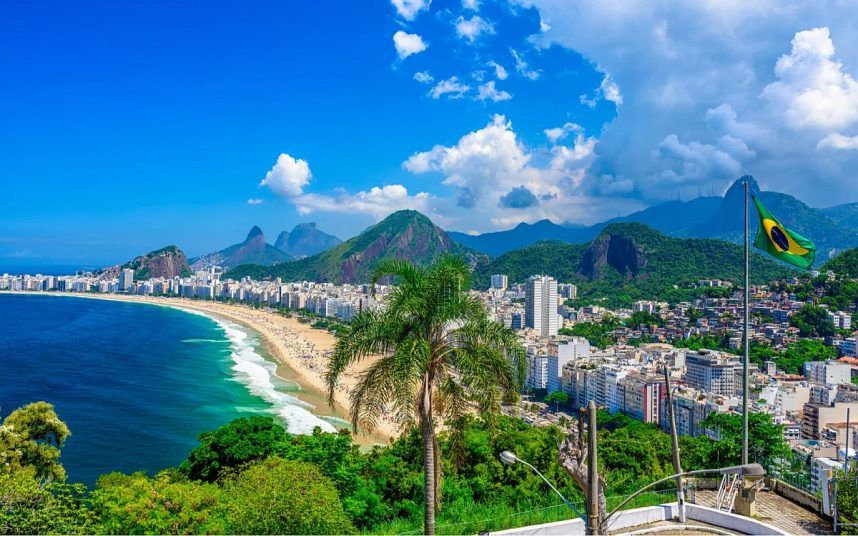Posted on: August 22, 2023, 03:32h.
Last updated on: August 22, 2023, 03:32h.
Brazil is currently investigating the potential of establishing a regulated sports betting market in the country. After years of delays, progress has finally been made. The focus on sports betting has overshadowed discussions on expanded land-based gambling, but the topic is now being revisited.

Celso Sabino, Brazil’s Minister of Tourism, will be attending a luncheon organized by the Entrepreneurship Parliamentary Front today. According to the group’s website, it is a non-profit association of Parliamentarians that aims to promote Brazil’s economic and social development.
The meeting presents an opportunity to discuss the regulation of casinos, bingo halls, and games of chance in the country. These topics have struggled to gain widespread support in the past.
Brazil’s Potential Revenue Stream
Bill 442/1991, also known as the Regulatory Framework for Gambling, is still under consideration in the Brazilian Senate after being approved by the Chamber of Deputies last October. Supporters of the legislation argue that the market could generate up to BRL20 billion (US$4 billion) annually and create up to 650,000 direct and indirect jobs.
Sabino, formerly a Deputy, has always been in favor of gambling for the benefit of the economy. Despite becoming the Minister of Tourism only recently, he continues to express his support for the industry.
If Bill 442 is approved by the Senate, casinos may be incorporated into existing resorts or other tourism complexes. However, the properties must meet specific requirements, including the number of restaurants and hotel rooms, as well as providing other amenities.
Senate President Rodrigo Pacheco has indicated that the regulation of sports betting could open the door for the introduction of casinos. Nevertheless, there is still a long way to go.
The discussions on sports betting took over a year in the Senate, with former President Jair Bolsonaro reportedly using his influence to delay the process. While legislators may now be more willing to support the casino initiative, they are likely to wait and observe the progress of the regulated sports betting market before taking further action.
Brazil’s Complex Relationship with Gambling
For over eight decades, Brazil has had strict prohibitions on almost all forms of gambling. With the exception of state lotteries and horse betting, gambling has been prohibited under Brazilian law since 1941. Poker is considered a game of skill and is exempt from this prohibition.
In the 1990s, there was a brief period when bingo and slot machines were permitted, but they were subsequently banned in the mid-2000s. Throughout the history of gambling prohibitions, opponents have argued that people should prioritize work over recreational activities.
Despite their illegal status, slot machines and the popular Brazilian game jogo de bicho continue to thrive across the country. Jogo de bicho translates to “animal game” and is a type of lottery that follows the results of the official lottery draw. It has been permanently banned in 25 out of Brazil’s 26 states (and the Federal District) since 1946, but still operates openly.
Similar to other countries and jurisdictions, Brazil recognizes the importance of regulating existing gambling activities in order to benefit from them.


